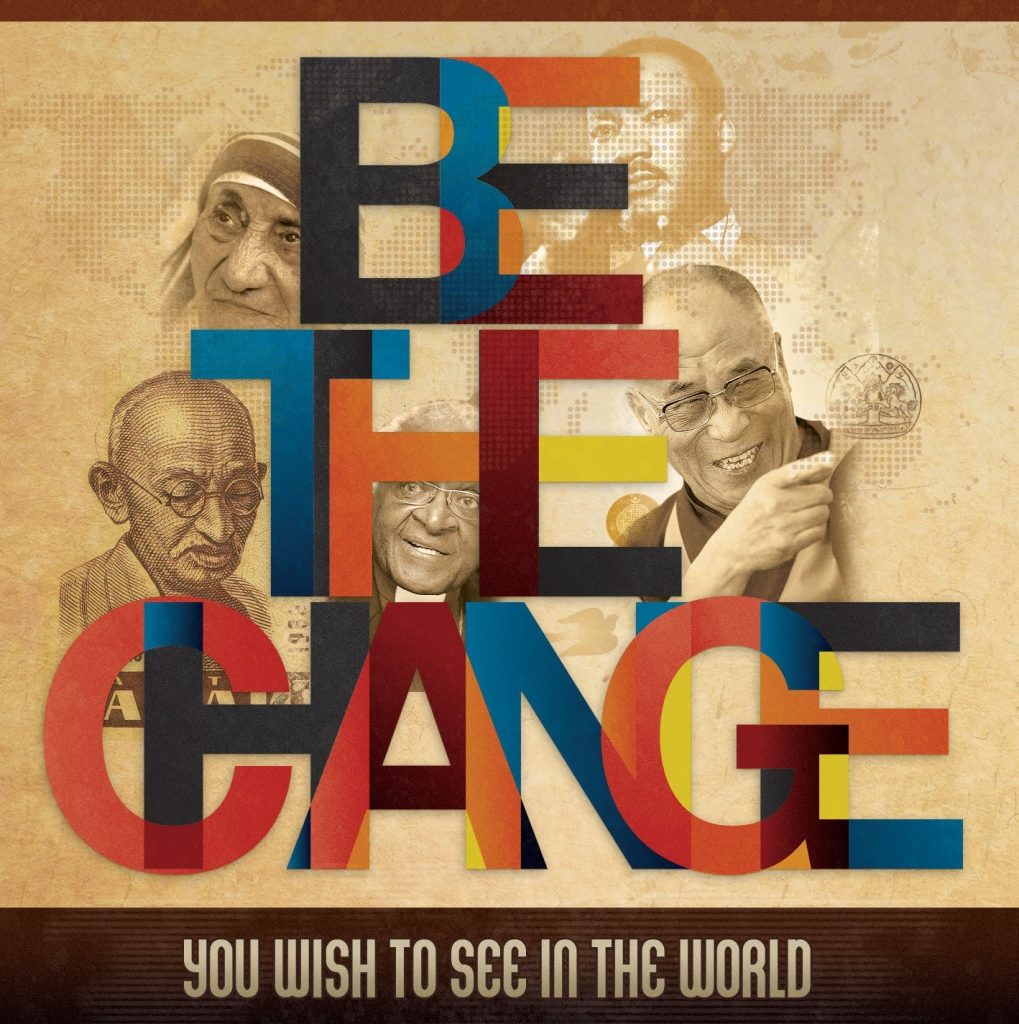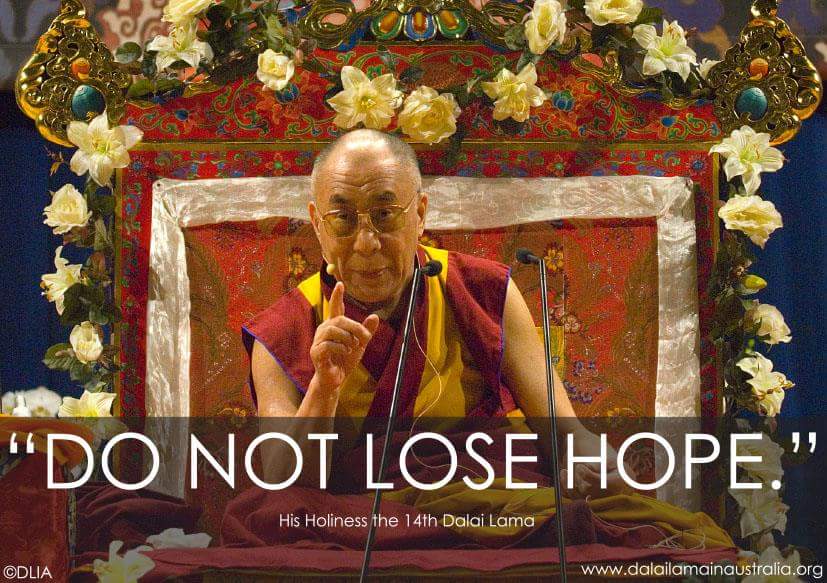How can understanding complex systems, becoming conscious of our own cognitive biases, taking a sustainability reality check and embracing spirituality all help to make your business or organisation thrive?
Last month I had the opportunity to spend a couple of hours exploring that question with a fantastic class of bright Monash University MBA students at the kind invitation of Jeff McLean. Jeff introduced me and chaired the session.
We covered a lot of ground and I tried to emphasise four points:
1. It is critically important to understand some of the core concepts of complex systems theory. It generally doesn’t occur to us to look for things we don’t know exist, and it’s easy to lull ourselves into believing that our tool kit is fit to solve any problem. But as the saying goes, “when all you have is a hammer, everything looks like a nail.” The lack of understanding of complex systems is a huge problem for economics and for public policy-making in general. (A few years ago I co-taught a unit at Monash on the application of complex systems ideas to economics. If you’re interested, the unit guide with a big list of references is here). But understanding complex systems has application in many other areas, such as business, social science, and even parenting and spirituality – though those are topics for other posts!



2. We need to be aware of the different kinds of logical fallacies and cognitive biases in order to discern good-quality arguments, information and strategies. Understanding some of these fallacies and biases also helps us to understand the ways in which we may be inadvertently fooling ourselves and driving our organisations or personal lives into a ditch.
3. There are some ‘brute facts’ on the sustainability challenge which we must all grapple with – whether as business people, policy makers, NGO staffers, public sector workers, communities, families, parents or individuals. Things are much more serious than most of the media make out. Like the ancient Romans, our system is designed to keep us endlessly distracted with bread and circuses.
4. Spirituality is critical – and by spirituality I don’t mean simply what religion we profess (or don’t as the case may be). I am talking about our worldviews, the deep drivers of our lives, where we look for meaning, what informs our life-goals, how self-aware we are of our own biases, limitations and possibilities – and how well we attend to our mental and spiritual health and well-being. The groundswell of sacred activism emerging around the world is an important response to the ecological, economic and social challenges we are facing.
The session will make most sense with the accompanying slides. I have updated a couple of the slides since the presentation (e.g. sustainability boundaries, social costs of carbon) and two other slides have been added because I thought they were useful: an example of cherry picking data and one on plunging renewable energy costs (in case you’re wondering why they’re not mentioned in the talk).
For those not familiar with Australian politics, which gets a few mentions, our ‘Liberal’ party is equivalent to the Republicans in the U.S. or the Conservatives / Tories in the UK. On 14th September 2015, the hardline conservative Liberal Prime Minister Tony Abbott was deposed in a leadership spill by Malcolm Turnbull, who became our new Prime Minister the next day. If you’ve taken any notice of Australian politics over the last five years you may sense something of a theme.
You can listen to the talk, either by right-clicking on the links below and downloading the two mp3 files, or by just clicking on the play buttons and streaming. There is a little bit of background noise at times, since it was a live recording.
Part 1 (58 MB, 1 hr 2 mins)
Part 2 (56 MB, 1 hr)
I hope you will find the presentation and discussion useful. Please drop me a line using the contact form on this site if you have comments, questions or suggestions.
Thanks for reading – and if you liked these talks, please pass on the link to others who may be interested.
